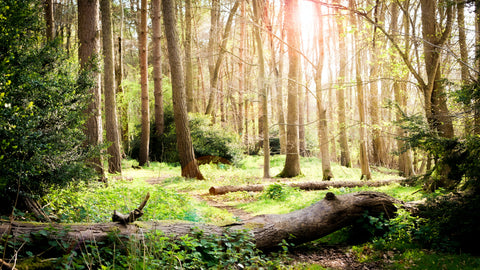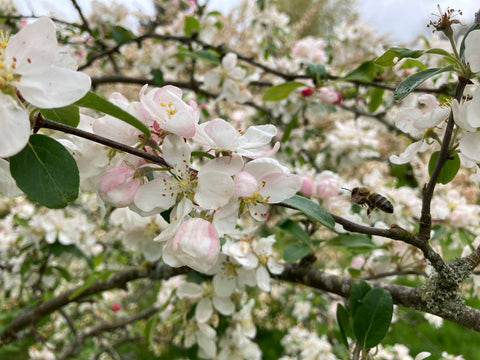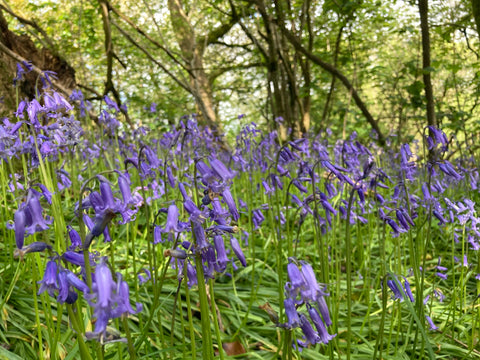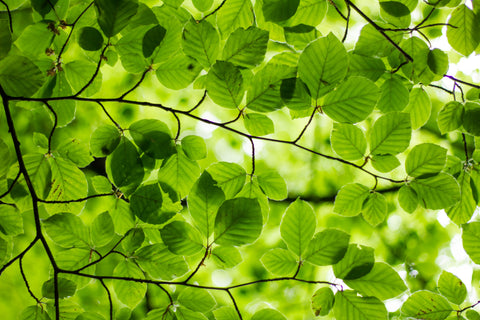The Benefits of Trees, and How to Save Them

At the turn of the century, UK forest cover was at an all-time low of 5%. Thankfully, since then our forest cover has been restored somewhat, to 13%, but this is still well below the EU average of 38%. Over the last few years, we have seen tree planting pledges arrive at the centre of our political and corporate landscape, which will have huge benefits to us, to our wildlife and to our climate.
On International Day of Forests, we are celebrating the importance of woodlands and forests for our ecosystem. Read on for some of the major benefits of trees, and how we can protect them.

Habitats
Woodlands create a broad range of unique habitats for our natural biodiversity. From nesting birds and burrowing insects, to shade-loving plants and elusive fungi. Globally, it is thought that around 80% of the worlds terrestrial biodiversity can be found in forests. The level of biodiversity in woodland is massively influenced by variations in light intensity – so it’s really important that this is taken into account in any future tree planting schemes.
Environment
Woodlands and forests have many benefits to our climate and environment. One of these is that they slow the surface run-off of water, reducing risks of flooding – the value of trees for protecting flooding is £6.5 billion. Not only this, they are also one of our best hopes in the fight against climate change. Tree planting schemes in the UK sequester 18Mt of carbon from our atmosphere each year. Furthermore, we have targets to increase forest cover to 17%, increasing the carbon sequestration to 22Mt per year by 2024.
Enjoyment
While nature is primarily for nature, we also take great enjoyment from natural environments. Many scientific studies have shown that forests can reduce stress, improve moods, attention spans and even improve our health. Not only is air cleaner in forests, but it also boosts our immune system – trees release these things called phytoncides which, when we breathe them in, boosts the number and activity of our white blood cells.

It's pretty clear that natural woodlands and forests are a great thing to have, so what can we all do to help protect them and allow them to thrive?
Get Involved
There is no better way to help our trees than by volunteering yourself - you can help manage woodland, do wildlife surveys, plant trees and wildflowers amongst many other things. Just give it a quick internet search to find a local scheme near you.
Be a Conscious Consumer
Some companies have corporate tree planting schemes, and we have seen the scope of these schemes really balloon in the last few years. Whilst some of the schemes are criticised as being greenwashing or a sales tactic, most have the potential to make a significant difference going forward. One such company making a real positive impact is Ecosia, an online search engine which uses advertising revenues to plant trees around the world – go them!
Donate
Planting trees, like everything else in life, costs money. There are tons and tons of tree planting charities out there looking for donations to help them with their great work. From UK focused to global focused, rural to urban, for habitat restoration to carbon sequestration – find the one that matters most to you and donate now (and try using Ecosia while you do it!).

